Motor City, Rusting
Inside Higher Ed
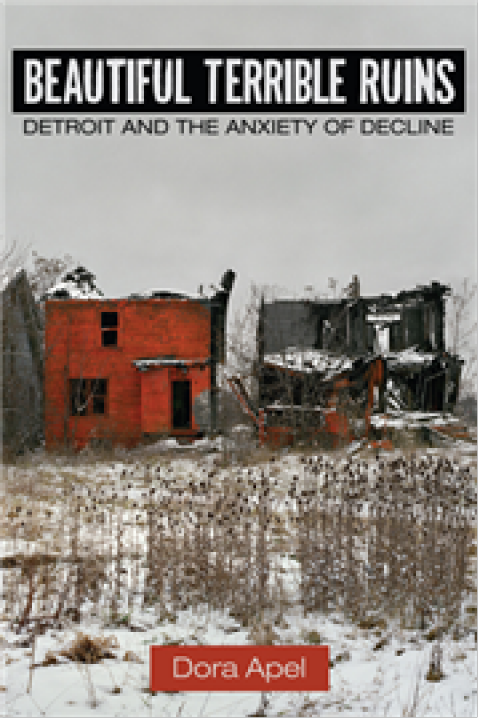
Perhaps in no U.S. city is the wreckage wrought by today's capitalism better seen than in Detroit, the once mighty auto metropolis now morphed into a showcase of post-industrial abandonment. New signs of rebirth and redevelopment there are fraught with contradictions, as artists and gentrifiers engage in what Dora Apel calls "ruin lust." Here, Scott McLemee reviews Apel's take on the (former?) Motor City and post-industrial tourism and aesthetics.



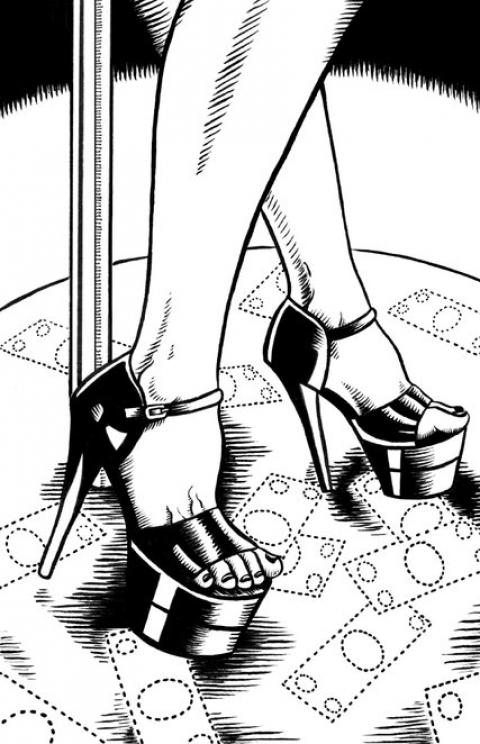


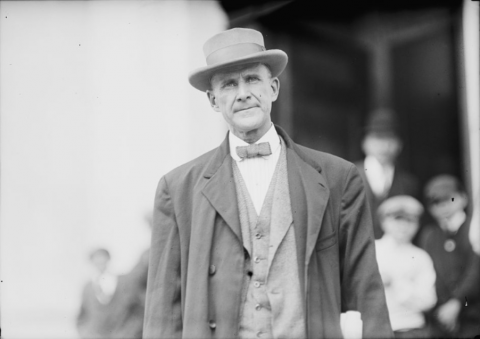
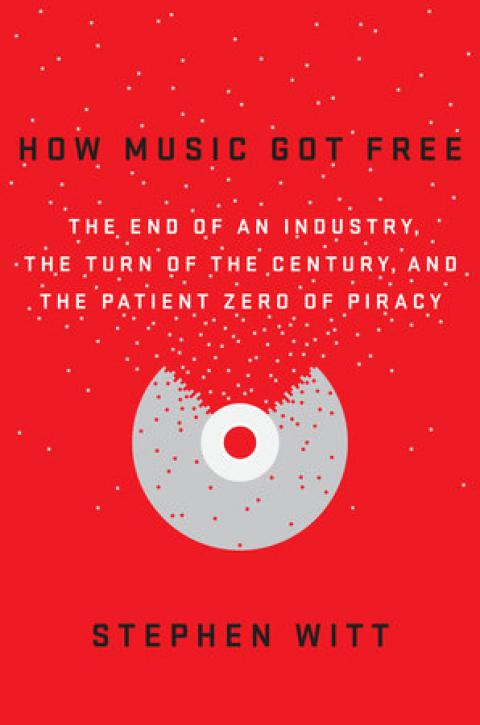

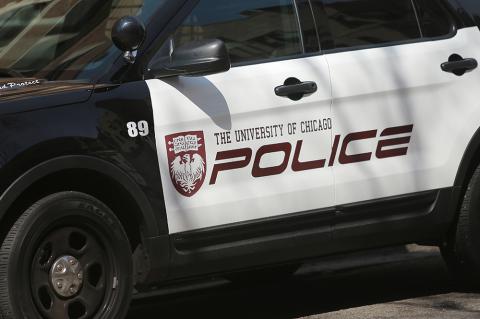
Spread the word